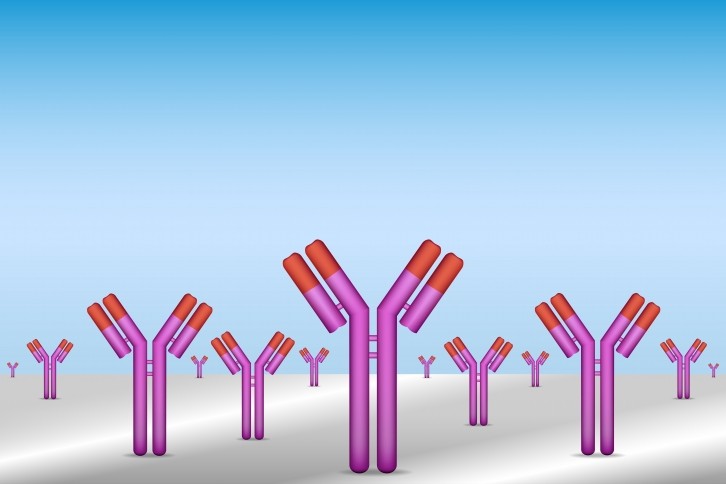Crescendo awarded grant to validate antibody fragment-drug conjugates

The Cambridge, UK-based firm will use the grant for feasibility and validation studies on its Humabody Drug Conjugate (HDC) programme, which – like an antibody drug conjugate (ADC) – combines a toxic payload with a targeting protein, in order to attack tumours.
While many companies are developing ADCs, Crescendo’s VP of Discovery Brian McGuinness told Biopharma-Reporter.com HDCs can avoid some of the patient side-effects and reduce manufacturing costs due to the “tiny” size of the single-domain (VH) humabodies.
“HDCS are the same idea as ADCs, but our humabodies are tiny fragments of human antibodies which, when conjugated to a toxic payload and injected into a patient, can get into a tumour and disappear out of the body very quickly due to their tiny size,” he explained.
“They don’t hang around in the circulation like ADCs so avoid some of the toxic side-effects seen with ADCs. With some ADCS, we don’t know where 90% of the drug ends up!”
Furthermore, because of their size McGuinness said humabodies can be grown using either E. Coli or yeast which is considerably cheaper than other protein expression systems.
The HDC project is being undertaken in partnership with an established partner in the ADC field, and while McGuinness could not divulge the collaborator, he confirmed it wasn’t Japanese pharma firm Astellas which through its finance wing has partially funded Crescendo. Astellas has a separate ADC development agreement with Ambrx.
Awards for biomedical R&D from Innovate UK vary from £150,000 to £10m ($230,000 -$15.3m) and while Crescendo did not reveal the specific amount, McGuinness said it was at the higher end.
Mouse Model
Crescendo is currently the only company investigating fragment-drug conjugates with its Humabody tech, but Ablynx and GlaxoSmithKline are both developing single-domain antibodies.
Ablynx’s nanobodies are one tenth the size of a typical antibody and, like Humabodies, can lead to better penetration, while GSK invested in miniature antibodies through the acquisition of Domantis in 2006 for £230m.
However, according to McGuinness Crescendo has the advantage over its rivals as its fragments are produced using its ‘Crescendo Mouse’ platform that produces human heavy chain only antibodies.
“Ablynx’s nanonbodies are made from llama and GSK’s are made in a test tube, but as we use a mouse our [Humabodies] are much more robust, with better biophysical properties,” he said.



















